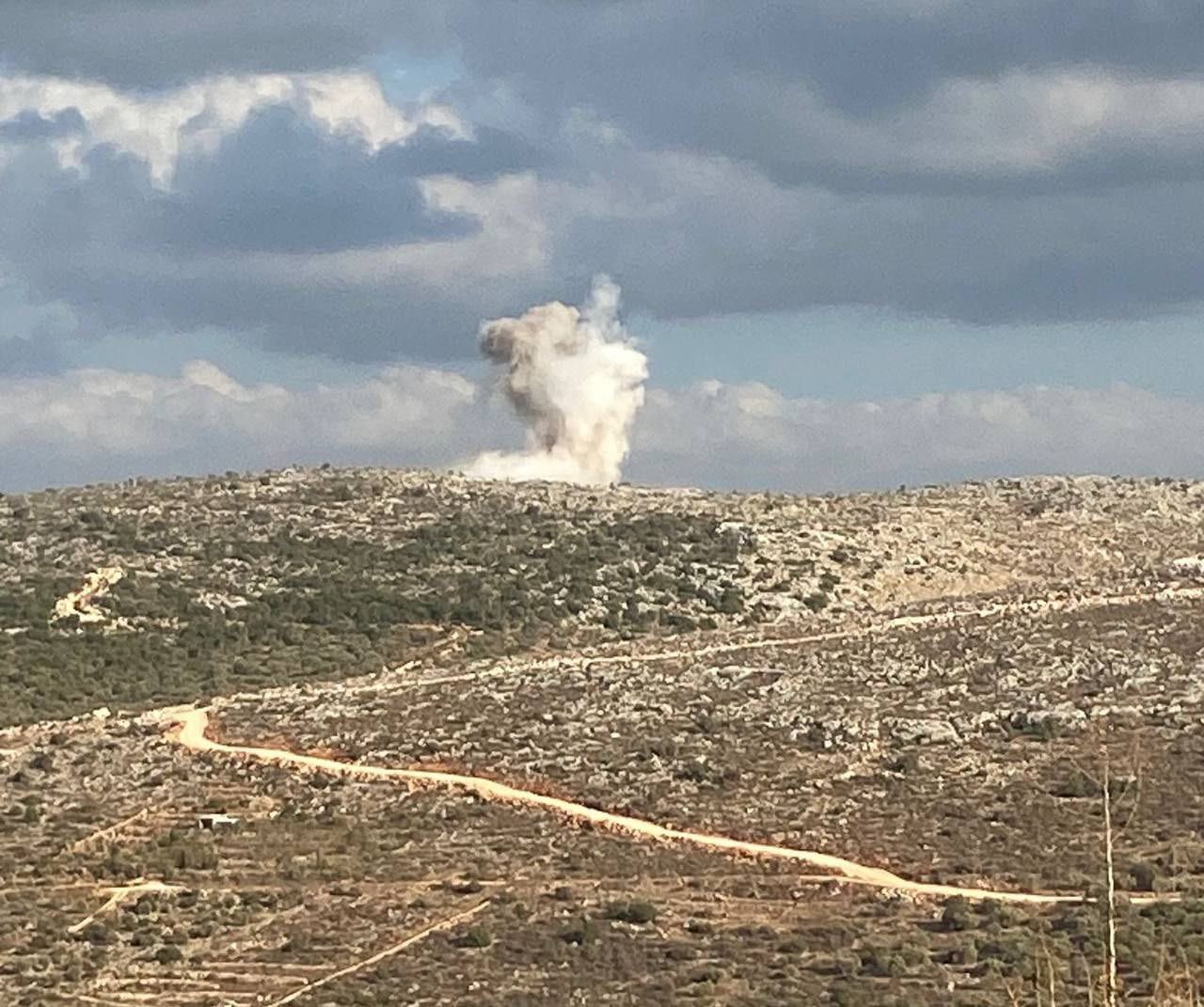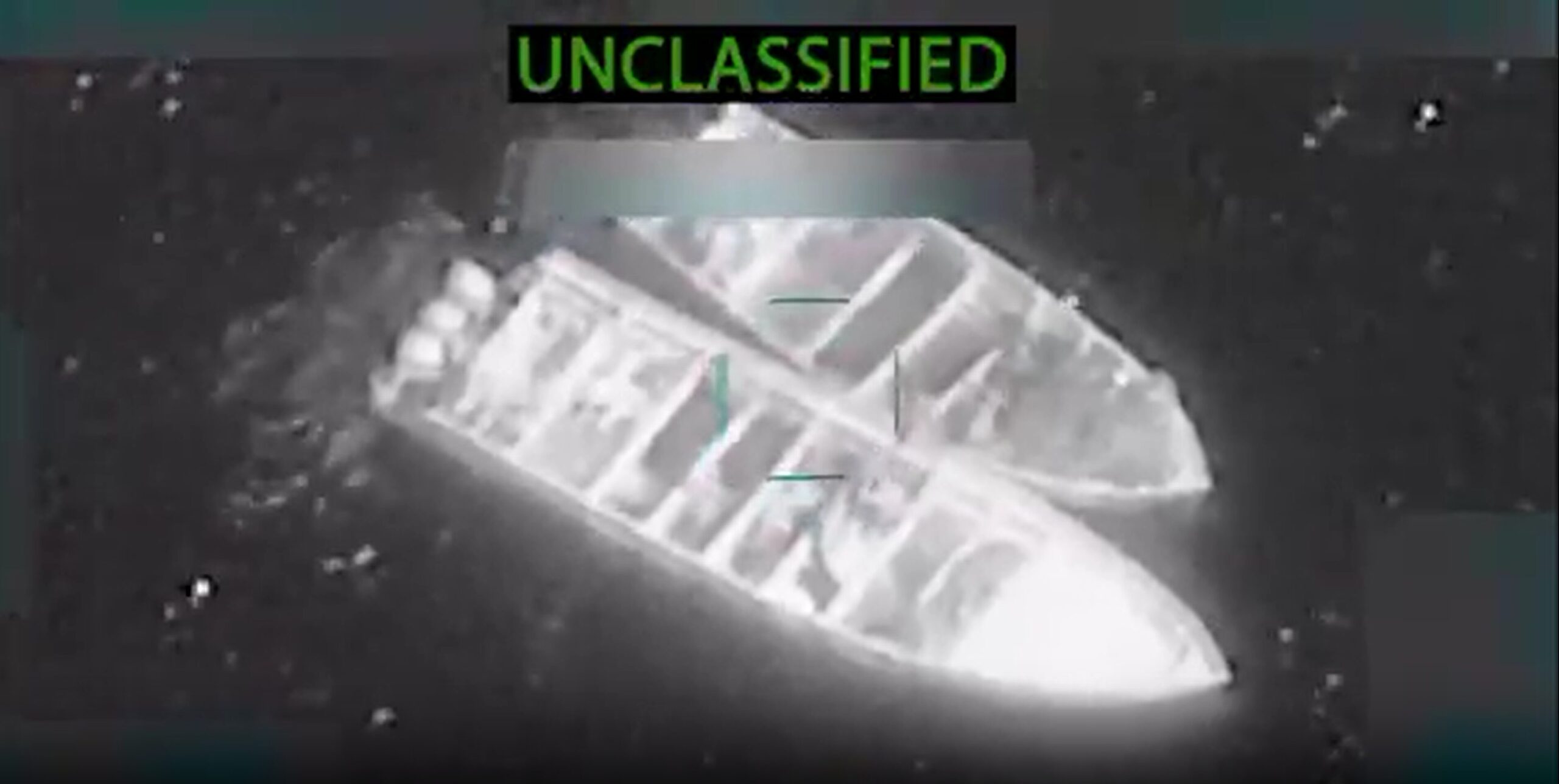One should believe the Likud Party; they’ve kept their word and treated the Gazans like Amalek, the ancient tribe of Israelites the Old Testament says should be exterminated. The Israeli assault on Gaza has killed over 41,000 people including over 11,000 children confirmed, and likely many more that haven’t been recovered or identified. the IDF has killed over 1,000 healthcare workers and over 150 journalists, destroyed 70% of civilian homes and infrastructure, bombed every designated safe zone, and destroyed over 100 cultural and historic sites, some of which were protected by UNESCO.
So when a top Israeli official says Lebanon doesn’t qualify as a state, when IDF commanders and Likud Party secretaries rubber stamp an invasion plan for southern Lebanon, when Prime Minister Benjamin Netanyahu adds returning settlers to northern Israel/southern Lebanon as a top war priority, when IDF spokesmen tell southern Lebanese communities to evacuate, and when IDF conduct air raids that kill 500 people in Lebanon, readers should believe that a war between the IDF and Hezbollah is imminent.
What that war will look like is a better point of rumination. Paul Pillar, a fellow at the Georgetown University Center for Security Studies, Geneva Center for Security Policy, and Quincy Institute for Responsible Statecraft, recently wrote that Israel has carried out five times as many attacks as Hezbollah has attempted in the other direction, causing 10 times as many casualties, including civilian casualties.
“None of what Israel has been doing to Hezbollah lately, including the operation involving the pagers and walkie-talkies, advances even immediate Israeli security objectives, let alone long-term ones,” Pillar wrote in a piece at Responsible Statecraft.
“Currently the principal declared Israeli objective regarding the Lebanese frontier and the confrontation with Hezbollah is to enable Israeli residents who have been evacuated from northern Israel to return to their homes. Ramping up the violence and tensions along the border does not make that objective more obtainable, and further escalation to full-scale war would not either”.
Videos and images appeared on social media documenting Hezbollah’s modest retaliation, which including long-range rockets that struck 100 kilometers inside Israel that had never been used before, and which landed as far as the occupied West Bank hitting Bruchin, Karnei Shomron, and Maale Shomron—all illegal Israeli settlements. Others in Nablus were reportedly hit as well.
Hezbollah said it also struck Ramat David airbase near Haifa, the Nimra base west of Tiberias, and the Ein Zeitim basecamp of the IDF Northern Corps, early Tuesday morning.
These were of smaller scale than the attacks launched by Israel, which hit all over densely populated areas in southern Lebanon that, when paired with the communication device explosions of last week, means that the Lebanese have suffered the worst violence seen since the 1975-1990 civil war.
An estimated 26,000 people fled the region, clogging highways, while the IDF warned all Lebanese living near Hezbollah-occupied buildings or positions of any kind to evacuate.
Hezbollah’s ally Iran has shown remarkable restraint through the boiling conflict that involves it rhetorically if not militarily. The new president Masoud Pezeshkian said Monday that Israel is setting “traps” to drag Iran into a war it does not want.
“We don’t want to fight,” he said. “It’s Israel that wants to drag everyone into war and destabilize the region. … They are dragging us to a point where we do not wish to go”. Tehran has yet to respond in a militaristic capacity to the July 31st Israeli assassination of Hamas’s political chief, Ismail Haniyeh, on his visit to Iran.
Hezbollah leader Hassan Nasrallah likewise has said that Hezbollah does not want a wider war in the Middle East, but must find it harder and harder to keep the gloves on. Iran too, at some point must reach a breaking point, even though it knows that any direct attack against Israel will be milked to the nth degree by Neoconservatives in Washington who have wanted an excuse to attack Iran for 40 years.
One of the main drivers for the slaughter Israel is engaging in has been “the personal motivations of Prime Minister Benjamin Netanyahu, who sees continued and even escalated warfare as his only ticket to holding his far-right coalition together, thus staying in power,” writes Pillar.
If he can get Hezbollah to attack Israel, Iran to attack Israel, Hamas to disappear from national headlines, and for the US to intervene to defend his state, Netanyahu stands to benefit substantially, as all his many warnings going back before the 2003 Invasion of Iraq about Shi’ite power in the region aimed at Israel will be made manifest. WaL
We Humbly Ask For Your Support—Follow the link here to see all the ways, monetary and non-monetary.
PICTURED ABOVE: Hezbollah rockets hit Israeli settlements in the occupied West Bank. PC: Suppressed News, @SuppressedNws, via X.



